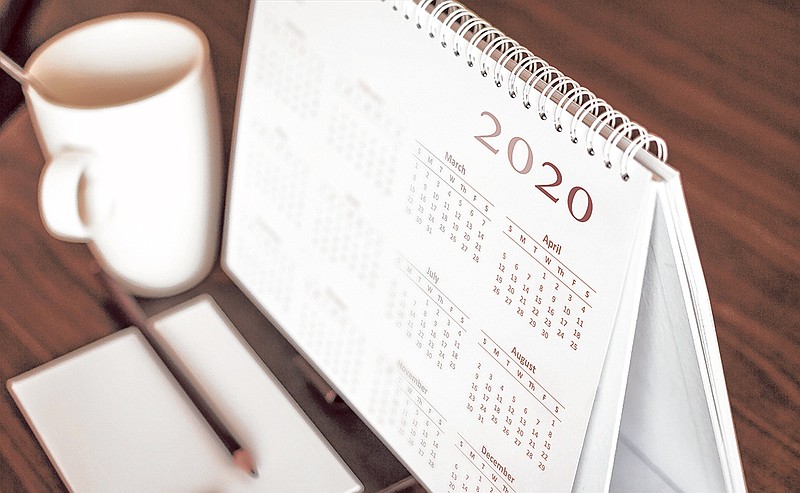Happy New Year and welcome to a brand-new decade! Join me in establishing some ground rules for a consumer-savvy 2020, beginning with today's column and continuing throughout January. First off, let's discover (several anew) ways to both avoid debt or - if we find ourselves immersed in its hairy clutches - to rid ourselves of the burden. Follow directives put forth by experts in the field, including the National Foundation for Credit Counseling, I guarantee you'll find yourself expressing kudos on this particular New Year's Resolution.
Eliminate credit cards. Cut them up if you can. You can also try freezing them in an ice tray for less easy access. Use whichever method you think would best ensure you stop using these buggers. (I admit these cards are my worst downfall. Do as I say and not as I do please.) When you carry a balance, interest rates are added immediately to every single purchase and the vicious cycle continues.
Create a budget. I've suggested this in past columns but can't stress it enough. We can't pay bills helter-skelter without knowing exactly how much money is coming in and going out per month. First, pay for essentials: mortgage, car, insurance, utilities and groceries. What's left must go towards our debt, even though it will probably be tight. This obviously means you should cut out any discretionary spending (so long Starbucks) or somehow increase your income.
Don't forego any bills. You're obligated to pay in order to protect your credit and to avoid any more interest and minimum payments. If you can't afford the minimum, then contact the credit card companies to see if they will temporarily reduce the payments. Perhaps you need to contact a nonprofit credit counseling service (www.nfcc.org) which can negotiate your payments for the long term and create a more affordable payment plan. Forget consolidation loans, though.
Pay one bill at a time. After you make all minimum payments, power pay every remaining dollar to the card with the lowest balance. This way you can clear that particular debt to reduce that loan amount and then put this amount onto the next largest debt.
Beware of low-interest transfers. Assuming your credit score is still good, you'll probably continue to get offers through the mail for low introductory interest rates. Be careful, though. Many cards charge a transfer fee, and having a new card might tempt you to charge new purchases.
Reward your successes. Using cash, treat yourself occasionally to a movie or dinner out or even a modest vacation. Just don't charge any of it or you may find yourself back in the same pickle again.
Contact Ellen Phillips at consumerwatch@timesfreepress.com.

